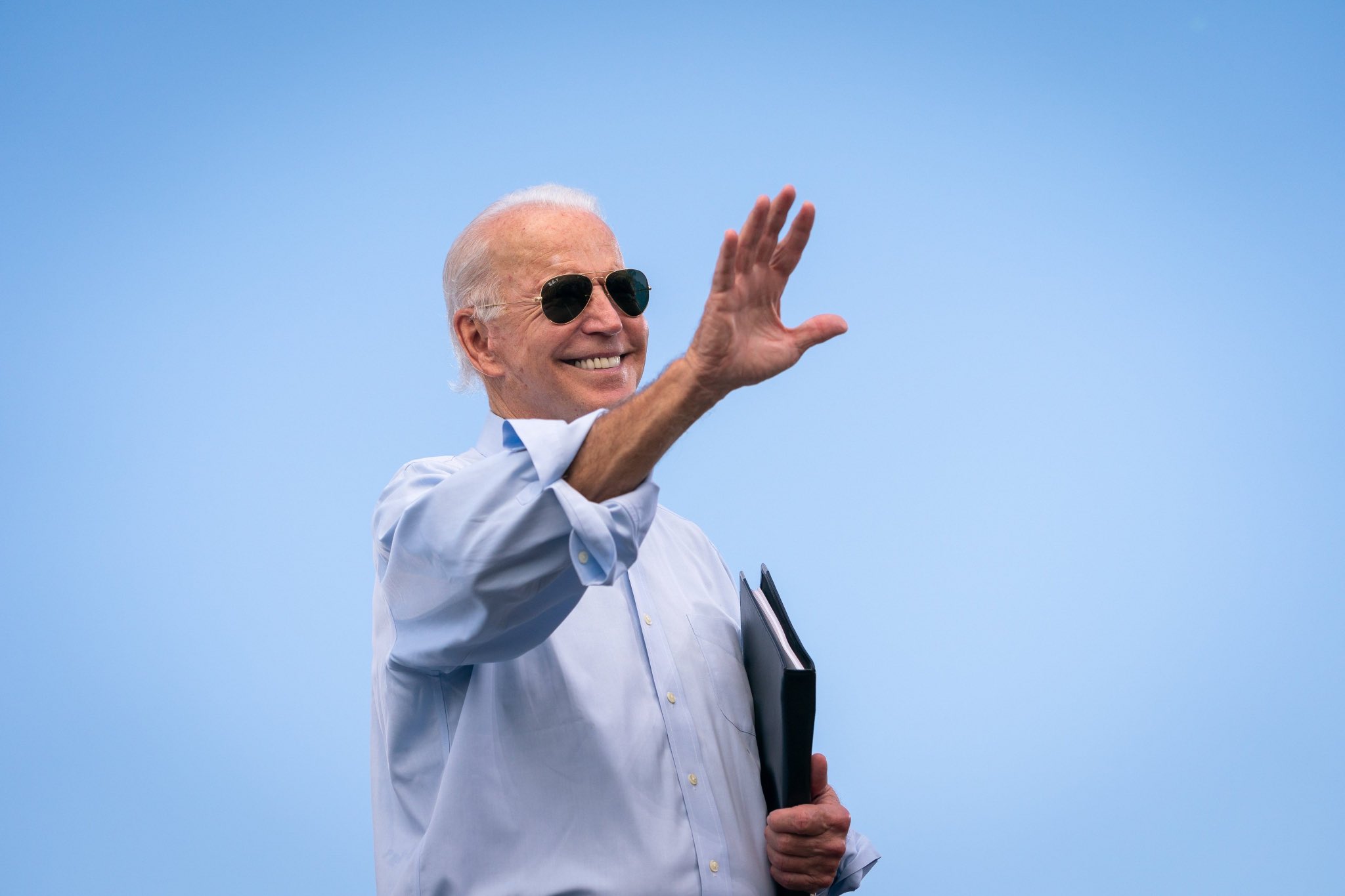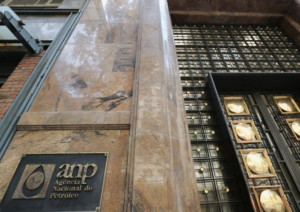
(S&P Global, 18.Jun.2021) — After Venezuelan President Nicolas Maduro outlasted the Trump administration’s maximum sanctions pressure, US President Joe Biden will have to decide whether to offer Venezuela limited sanctions relief or more, amid calls from the left in Congress for humanitarian relief.
An easing of some sanctions would only return Venezuelan oil production to around 700,000 b/d by end-2022, while any major recovery would depend on the removal of US sanctions against state-owned PDVSA, according to S&P Global Platts Analytics.
“The Biden administration hopes to address humanitarian concerns, so reported fuel shortages affecting Venezuelan farmers raise the odds that crude-for-diesel swaps or other types of relief are eventually permitted,” said Paul Sheldon, chief geopolitical adviser for Platts Analytics.
PODCAST: Biden’s Venezuela policy after Maduro outlasts Trump’s maximum sanctions pressure
As Venezuela’s diesel production shrank from its own reeling refining sector, the country was forced to import supply for power generation and agriculture. Refiners in India, Italy and Spain supplied diesel cargoes and were paid in Venezuelan crude exports.
These diesel-for-crude swaps were banned by the Trump administration in October 2020. The Biden administration reportedly came close to allowing the trades to restart but ultimately decided to keep the ban in place.
No rush to decide
The US State Department has now signaled it is in no rush for the deals to resume, and it expects Venezuela to have at least six months’ worth of diesel supply, said Fernando Ferreira, director of Rapidan Energy Group‘s Geopolitical Risk Service.
But Ferreira predicts Venezuela will reach a critical diesel shortage well before then, possibly by August, which will force the White House’s hand.
“Later this summer, this is really going to become a bigger issue for the administration, and they’re going to have to reconsider whether to issue those waivers again, and we expect they will,” Ferreira said. “We’re seeing pressure from Congress to move in that direction, and it’s something the administration has mentioned they’re willing to consider.”
Ferreira said such waivers could also allow Venezuela to swap crude for gasoline imports and repay debt to PDVSA’s international joint venture partners.
Francisco Monaldi, an expert on Venezuela’s energy sector and a fellow at Rice University’s Baker Institute for Public Policy, said PDVSA still has some diesel inventory for power plants but little for motor fuel.
“Once the Biden administration has some space to define a Venezuela policy, there should be some general movement towards humanitarian exceptions, including on crude-for-product swaps, perhaps including diesel and at some point gasoline and LPG,” Monaldi said. “In part this will depend on the behavior of Maduro with respect to elections and other negotiations.”
‘Life-and-death matter’
On the issue of US investment in Venezuela’s oil sector, the Biden administration essentially punted when Chevron’s last waiver to perform limited maintenance was set to expire in early June. The Treasury Department simply granted another six-month waiver without changing any terms.
“They’re basically buying time to reassess the strategy,” said Rapidan’s Ferreira. “I think there’s an understanding, though, that they can’t continue to do this indefinitely. There will be a point they’re going to have to decide whether to fully tighten the screws or start to ease restrictions, because oil companies are not going to stay forever with these restrictions in place.”
While Biden’s Venezuela policy remains in a holding pattern, there are calls from his own party to go farther than just offering waivers for fuel swaps.
Representative Jim McGovern, Democrat-Massachusetts, on June 14 called on Biden to remove all Venezuelan sanctions and find other ways to pursue its foreign policy goals like sanctions that target the behavior of specific individuals, not sectoral or secondary sanctions that punish the entire country.
“While US officials debate the sanctions policy in Washington, for people in Venezuela, the ongoing crisis is a life-and-death matter,” he said in a letter to the White House. “Sanctions should never be used to punish whole populations for the actions of their leaders or to bludgeon an adversary into submission.”
Production outlook
The outlook for Venezuela’s oil sector hinges not only on US sanctions relief but also a new Chinese consumption tax of $30/b on imports of bitumen blend that took effect June 12.
Platts Analytics’ Sheldon said that absent sanctions relief, China’s tax change could push Venezuelan supply back toward 300,000 b/d next year.
Monaldi said that apart from the uncertainty surrounding the China tax, Venezuelan output could return to 650,000 b/d in the next few months if current high prices incentivize clandestine exports or if the swaps are allowed to restart
“Going higher than that requires significant investments,” he said. “They have just signed some service contracts, but they are unlikely to generate much investment if there is no sanctions easement.”
The latest Platts OPEC survey and the Energy Information Administration both estimate Venezuela’s May output at 540,000 b/d.
Venezuelan oil production started plunging from around 2.5 million b/d at the end of 2015 as a result of mismanagement of the country’s vast oil resources, widespread power outages and US sanctions. The Trump administration sanctioned PDVSA in January 2019.
____________________

